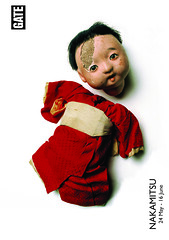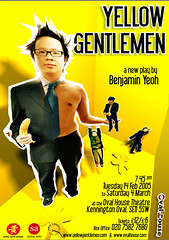Adapting a book to a film
Thane Rosenbaum talks about the process of adpating one of his books to a film…
“Ultimately, feature films cannot replicate the experience of reading, nor can everything about a novel end up being adapted — nor should it be. Filmmaking is about compromise and concession. It’s a miracle they don’t toss the book right out the window.
With a novel, the author forms an implicit partnership with his audience. He provides the story and its voice, but the reader adds the visuals. The power of a novel’s description is often tempered by sketchy details. Much is left out in order to leave something to the imagination. The reader is free to conjure the characters in his own way, to picture how they look, because the mind’s eye has a way of assembling an image that is quite different from how a character might appear on screen. In the end, the novelist surrenders his book to his readers. Thereafter it becomes theirs, and his proprietary interest ceases.
Movies, by contrast, are more controlled; the director calls the shots, and the camera focuses the point of view. The eyes of the audience are being drawn in a certain direction, but not necessarily from left to right. Which is, after all, what central casting looks for in a reader.”

